Episodes

Thursday Mar 25, 2021
Thursday Mar 25, 2021
Kingsley Dennis discusses his book Hijacking Reality – The Reprogramming & Reorganization Of Human Life
Listen to the full show on Legalise Freedom Dot Com
There is an agenda to replace the current collapsing global narratives with a new consensus reality. To achieve this, a ‘consensus reality paradigm’ must be socially managed and, if necessary, manipulated. The belief is that a global ‘Great Reset’ is necessary, so why not take the upper hand and steer it into place? However, there are almost eight billion people on Earth, and that is a lot of people to convince. Instead of trying to force the issue, what if you could make people believe in the story themselves? That way, they will agree that it is the worldview for them and adhere to it willingly.
Hijacking Reality proposes that there are powerful players upon the planet attempting to establish a radical shift in our way of life. This shift entails being incorporated into a pervasive, digitized techno-surveillance architecture that will fundamentally alter the future of human life. Such an ambitious project of social engineering on a global scale has never been achieved before, but is this what we are witnessing now?
Previous interviews with Kingsley Dennis
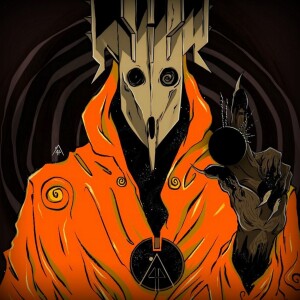
Friday Feb 19, 2021
Friday Feb 19, 2021
John Michael Greer discusses his book The King in Orange: The Magical and Occult Roots of Political Power.
Listen to the full show on Legalise Freedom Dot Com
Magic and politics seem like unlikely bedfellows, but in The King in Orange, Greer reveals the unmentionable realities that spawned the unexpected presidential victory of an elderly real-estate mogul turned reality-TV star and which continue to drive the deepening divide that is now the defining characteristic of American society. Greer convincingly shows how two competing schools of magic were led to contend for the presidency in 2016 and details the magical war that took place behind the scenes of the campaign. The author shows that the main contenders in this war were the status quo state, deploying the manipulative, subliminal techniques of modern advertising, and an older, deeper, and less reasonable form of magic – the magic of the excluded – which was employed by chaos magicians and alt-right internet wizards whose desires led the assault against the world we knew.
Examining in detail the magical actions of Trump’s opponents, Greer discusses how the magic of the privileged has functioned to keep the comfortable classes from being able to respond effectively to the populist challenge and why the ‘Magic Resistance’, which tried to turn magic against Trump, has failed. Showing how the political and magical landscape of American society has now permanently changed, Greer reveals that understanding the coming of the King in Orange will be a crucial step in making sense of the world for a long time to come.
Previous interviews with John Michael Greer
Bumper music: Cliff Martinez ‘Traffic OST’Stanislav Shevchenko ‘Gravitone’
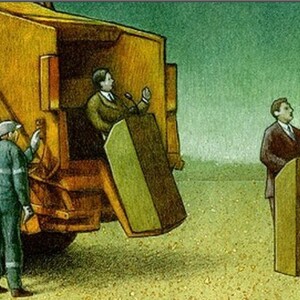
Monday Feb 08, 2021
Monday Feb 08, 2021
Outspoken teacher and commentator Christian Morris discusses media, politics, and current affairs in general during the Coronavirus Crisis. We talk Trump, identity politics, political correctness, censorship, culture, social media, and more.
Listen to the full show on Legalise Freedom Dot Com
Christian Morris on Twitter and Facebook
Previous interview with Christian Morris
N.B. During the show it is not ‘Douglas Murphy’ but Douglas Murray
Bumper music: Cliff Martinez ‘Traffic OST’

Monday Feb 01, 2021
Monday Feb 01, 2021
Jeremy Smith discusses the psychological and spiritual dimensions of the Coronavirus Crisis.
Listen to the full show on Legalise Freedom Dot Com
Any attempt to truly understand the COVID-19 pandemic from a purely materialistic standpoint will inevitably fail. The strictly scientific lens through which most of us view our current predicament says nothing about the psycho-spiritual aspects which hold the key to what is really happening. Whatever the origins of the virus, however, the global response to it represents an assault on social fabric, civil liberties, and on consciousness itself. It is just one front of a multi-faceted attack on human beings and all life on Earth that we are living through. Is it possible that something much deeper, darker, and more profound than we dare imagine is unfolding? The time when human progress was made possible through the constant refinement of physical forces is already over. In the future, mankind will progress, but only through spiritual development. Are we even capable of learning the lesson that is now being taught?
Bumper music: Cliff Martinez ‘Traffic OST’
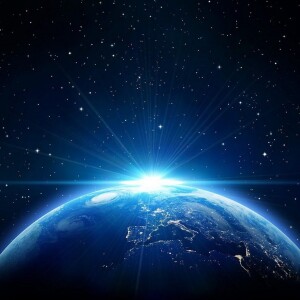
Monday Jan 18, 2021
Monday Jan 18, 2021
In a follow-up to our previous interview Justin S. Grant discusses life in a post-pandemic world.
Listen to the full show on Legalise Freedom Dot Com
Despite what cutting edge science is telling us about the true nature of reality, the world of work and business remains deeply rooted in fundamentalist materialism. However, the coronavirus crisis has shattered the myth that business as usual has any future whatsoever, calling into question many of our assumptions about meaning and purpose in our everyday lives. It is not that material wealth is unimportant, but the forced shutdown of most of our usual activities has provided ample time and cause to reflect on just how out of balance our industrial civilization has become. On a deeper level, there is clearly more at play here than simply a virus, and if we choose to ignore the psycho-spiritual origins of our current predicament, we will be setting ourselves up for future catastrophe.
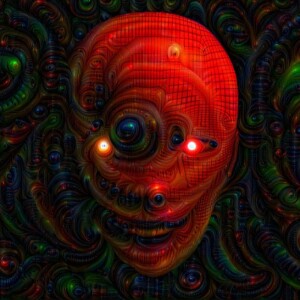
Sunday Jan 10, 2021
Sunday Jan 10, 2021
Skeptiko host Alex Tsakiris discusses his book Why Evil Matters – How Science & Religion Fumbled a Big One
Listen to the full show on Legalise Freedom Dot Com
For most in our post-Enlightenment, post-modern world, the existence of evil is seen as little more than unscientific superstition from darker ages past. Bad things happen, but the idea of a supernatural force of absolute malevolence is pure horror movie hokum. But since science and technology have come to dominate most cultures, have we simply chosen to turn a blind eye to evil? Do we discount its potential existence in much the same way as we do the existence of dragons and unicorns?
Tsakiris shares what he’s learned interviewing some of the world’s most respected frontier scientists and spiritual thinkers. He examines why evil is brushed aside by our science-centric culture and how new developments in consciousness research might point the way to a more meaningful understanding of who we are, and what we are capable of. If evil is around us, and maybe within us, what – if anything – can we do about it?
Previous interview with Alex Tsakiris
Bumper music: Cliff Martinez ‘Traffic OST’John Carpenter ‘The Fog OST’

Friday Jan 01, 2021
Friday Jan 01, 2021
Brian Francis Culkin and Greg Moffitt look back on 2020 and what it means for the future.
Listen to the full show on Legalise Freedom Dot Com
Even by 21st century standards, 2020 has been a tumultuous year. To mounting economic, social, and political problems was added the coronavirus crisis, the response to which has inflicted widespread economic devastation, huge social disruption, and untold human misery. All of which exposes the hollowed-out core of our collective culture whose saturation in media and technology and slavish devotion to scientism is arguably now doing more harm than good. Identity politics, cancel culture, and even the pandemic itself have been politicized and weaponized, functioning as cover for technocratic agendas, distractions from more pressing real-world problems, and blinding us from the deeper psycho-spiritual causes of our current malaise.
Previous interview with Brian Francis Culkin
Bumper music: Cliff Martinez ‘Traffic OST’

Thursday Dec 24, 2020
Thursday Dec 24, 2020
Eric Ouellet discusses his book Illuminations – The UFO Experience as a Parapsychological Event
Listen to the full show on Legalise Freedom Dot Com
Despite the lack of evidence for the existence of extraterrestrial life, most people believe – if they believe anything at all – that ETs probably do exist and likely resemble life on Earth to at least some extent. It is assumed that if we ever encounter aliens, they will come to us or we will go to them via some form of space travel. The desire to believe in ETs is deeply rooted within the collective human psyche, causing us to misinterpret or disregard what the evidence is really pointing to.
Decades of research and witness accounts strongly suggest that most UFO experiences – whether public or private events – have deep psychological and energetic dimensions, significantly shaped by cultural conditioning and pre-existing beliefs. It is also suggested that the timing and precise nature of such events is not accidental, and that they may hold within them both meaning, and a message.
Bumper music: Cliff Martinez ‘Traffic OST’Hans Zimmer ‘Interstellar OST’

Thursday Dec 17, 2020
Thursday Dec 17, 2020
Beginning in August 2020, ‘Freedom From Fear’ is a free-form discussion series taking the title as its starting point.
Listen to the full show on Legalise Freedom Dot Com
In this episode, Phil Escott and Greg Moffitt discuss the pandemic of fear ripping across the planet in the wake of the COVID-19 scare. Our modern obsession with ‘safety’ and ‘security’ – whether physical, emotional, or both – is stifling and shutting down the natural free spirit all humans are born with. But life cannot ever be completely ‘safe’ or ‘secure’, and was never meant to be. Those who seek to deny us the freedom to choose how we engage with the amazing and sometimes unpredictable world we find ourselves in also deny themselves the magic and mystery of life itself. What do we wish our Earthly existence to be? A technocratic prison-planet dystopia, or a spontaneous order of intimately-interconnected sentient beings?
On a deeper level, we explore the darker forces at work in this transitional time for our planet and ask, are current events all that they at first appear to be? If the real battle taking place is in fact a spiritual conflict, we may be on the cusp of almost unimaginable change on Earth.
Previous interviews with Phil Escott
Bumper music: Cliff Martinez ‘Traffic OST’Dionysiac ‘New Star Broadcasting’

Friday Nov 27, 2020
Friday Nov 27, 2020
Skeptiko host Alex Tsakiris and Greg Moffitt compare notes on consciousness, conspiracies, and the triad of science, religion, and philosophy as lenses for apprehending reality.
Listen to the full show on Legalise Freedom Dot Com
In part two, which follows soon, we take a deep dive into Alex’s latest book Why Evil Matters – How Science & Religion Fumbled a Big One.
Bumper music: Cliff Martinez ‘Traffic OST’
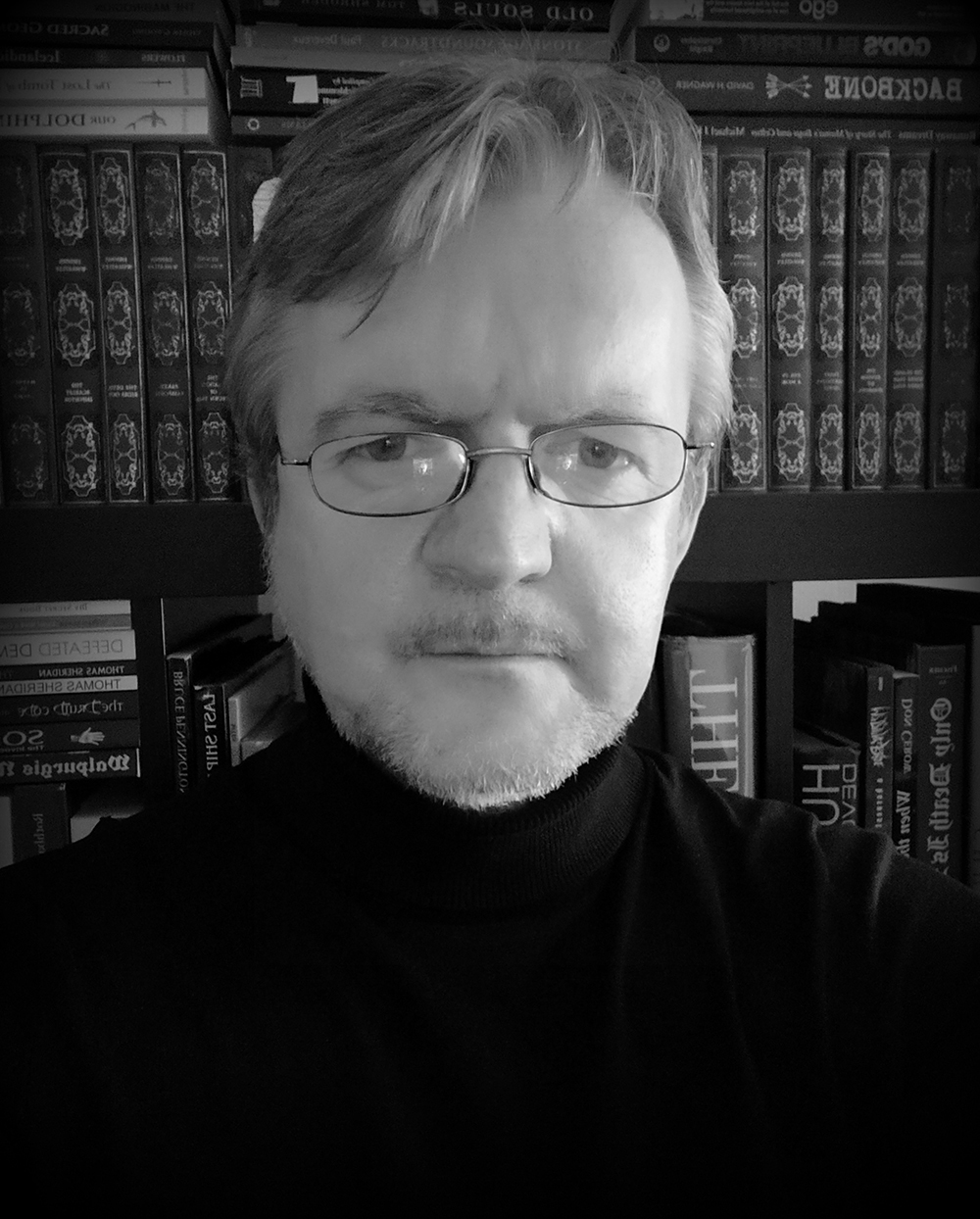
About
Why are we here? Where do we come from? Where are we going? These are eternal questions which humanity is compelled to ask but may never answer.
Are we merely born to buy? To consume and die? Is it in our nature to destroy ourselves? Is war our destiny? Or is there some greater purpose and grand design which lies beyond our primitive instincts?
The Earth appears to be descending deeper into chaos, but is the disorder and destruction simply part of a larger process?
From the nature of reality to the future of humanity, Legalise Freedom asks these questions and more, offering the listener alternative views on a wide range of topics.
-
Politics & Economics
-
Energy & Environment
-
Culture & Control
-
Science, Spirituality & Consciousness
-
Astronomy, Archaeology & Alternative History
From inner space to outer space, it’s a who, what, when, where, how and why of governments, money, resources, art, media, ecology, psychology, technology, religion, society, the past, the present, the future, and more.
Legalise Freedom radio online is hosted by independent UK writer and journalist Greg Moffitt and features interviews with some of the World’s foremost alternative thinkers and researchers. An archive of 370+ shows is available to stream or download.









